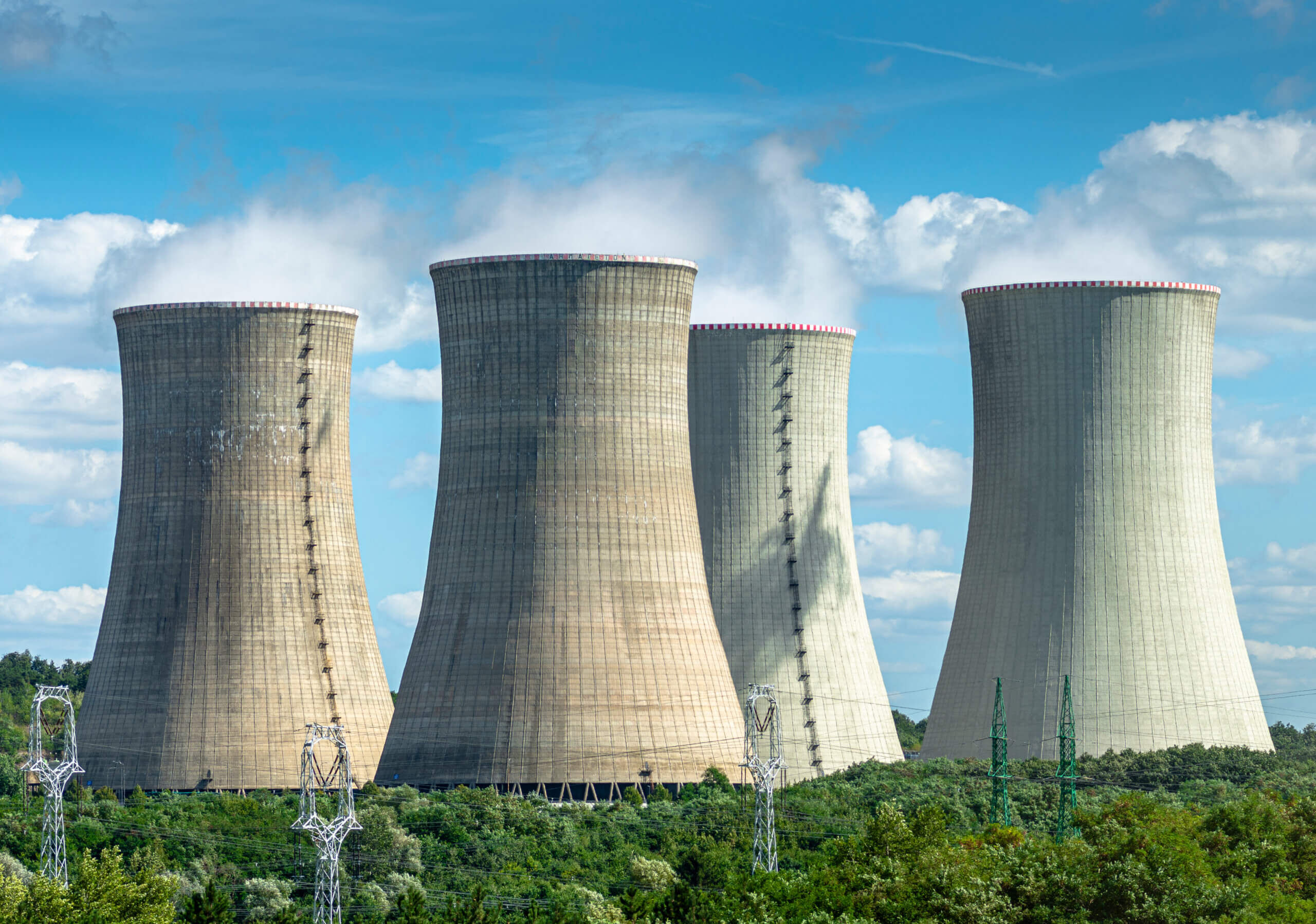Powering the future

Responding to a question in the Rajya Sabha on December 16, Jitendra Singh, Minister of State in the Department of Space and Department of Atomic Energy, noted that India currently had a nuclear power capacity of 6,780 MW and the government planned to expand it to 22,480 MW by 2031 as part of a plan for India to meet its net-zero targets. The minister also noted that the Centre had already given 'in-principal' approval for setting up six new nuclear plants in Jaitapur in Maharashtra with a capacity of 1,650 MW each. At a combined capacity of 9,900 MW, this would be the largest-ever expansion of India's nuclear power portfolio. But the Shiv Sena has taken up an aggressive opposition to the construction of the nuclear plants, supporting locals in saying that the project cannot be 'imposed' on the state of Maharashtra. Locals in the area are reportedly concerned that the nuclear plants will damage the environment and particularly affect the mango and cashew orchards in the region. BJP unit chief for Maharashtra, Chandrakant Patil, has denounced such objections from the Sena as being 'politically motivated' given that the project is expected to create 50,000 jobs in the state and bring in annual revenues of around Rs 21,000 crore. But leaving aside the debate over whether Shiv Sena's objections are political or not, they do cut to a very relevant discussion regarding nuclear energy in the age of climate change. Is the nuclear technology environment friendly or not? This is, after all, no longer a simple academic question. In the age of climate change and net-zero targets, nuclear energy is one of the many options on the menu for India and the world at large to move towards de-carbonisation. Proponents of nuclear technology say that nuclear power is a solution to climate change that came up even before the issue had taken centre stage in global politics. These same supporters maintain that nuclear technology has the ideal mix of high energy potential, low greenhouse emissions and a high degree of reliability when it comes to the ever-growing demand for power. But opponents of such a view decry the sweeping generalisations, biases and incomplete information that feed an almost-falsified narrative of nuclear energy that 'greenwashes' all its less than attractive bits. Though there is plenty of debate in this regard, it is generally accepted that nuclear energy produces a lot less carbon emissions as compared to coal in the process of energy production though the emissions are still worth noting if compared to the emissions created while using wind or solar energy. Critics also say that nuclear power plants are generally too expensive and too time-consuming to build as a practical solution for decarbonising the global economy on a tight timetable that the rapid climate change has handed to humanity. Indeed, the general view is that investment in nuclear technology distracts nations from making larger investments in wind, hydro, solar, etc., energy sources. Then, of course, there are the more significant public image concerns that nuclear power has in regards to safety issues. Nuclear accidents are rare and nuclear power plants on average are known to cause less worker accidents and deaths in the nearby community when compared to something like a coal power plant. But when something does go wrong with a nuclear power plant, it is not just nearby communities that suffer but rather nations as a whole. Consider the example of the Fukushima Daiichi accident in 2011 that was frightening enough to make the Japanese government back away from nuclear power for nearly a decade. Though nuclear power plants often bring jobs and subsidies to communities, it is understandable why they would, at least initially, be less than enthusiastic about having a nuclear power plant nearby. Then there is the issue of nuclear waste disposal, a real limiting factor for the technology given that humanity currently has no way of comprehensively dealing with nuclear waste that is produced as a result of energy production. At best, humanity can store these harmful isotopes underground, sometimes in deep geological disposal sites. But even these sites are not an absolute guarantee that the nuclear waste will not eventually leak out and cause contamination over its very long lifespan. But all these concerns do not mean that nuclear technology is currently at a dead-end. As the Indian government has stated, nuclear power is still an essential part of plans to attain net-zero emission targets. It is still a reliable technology that has allowed a country like France to register one of the lowest energy-production related emission rates in the EU without many of the large-scale disasters that have come to symbolise nuclear power to much of the world. More importantly, the technology has not reached its endpoint. One of the many expected future innovations in the technology includes the building of small modular reactors that produce less energy overall as compared to older generation nuclear reactors but also come with less safety risks and costs as compared to their full-sized cousins. All in all, it is clear that despite objections, criticisms and warnings, nuclear energy is still one of the more reliable methods of sustainably producing energy though there is a definite need to remain pragmatic regarding its dangers and limitations.



